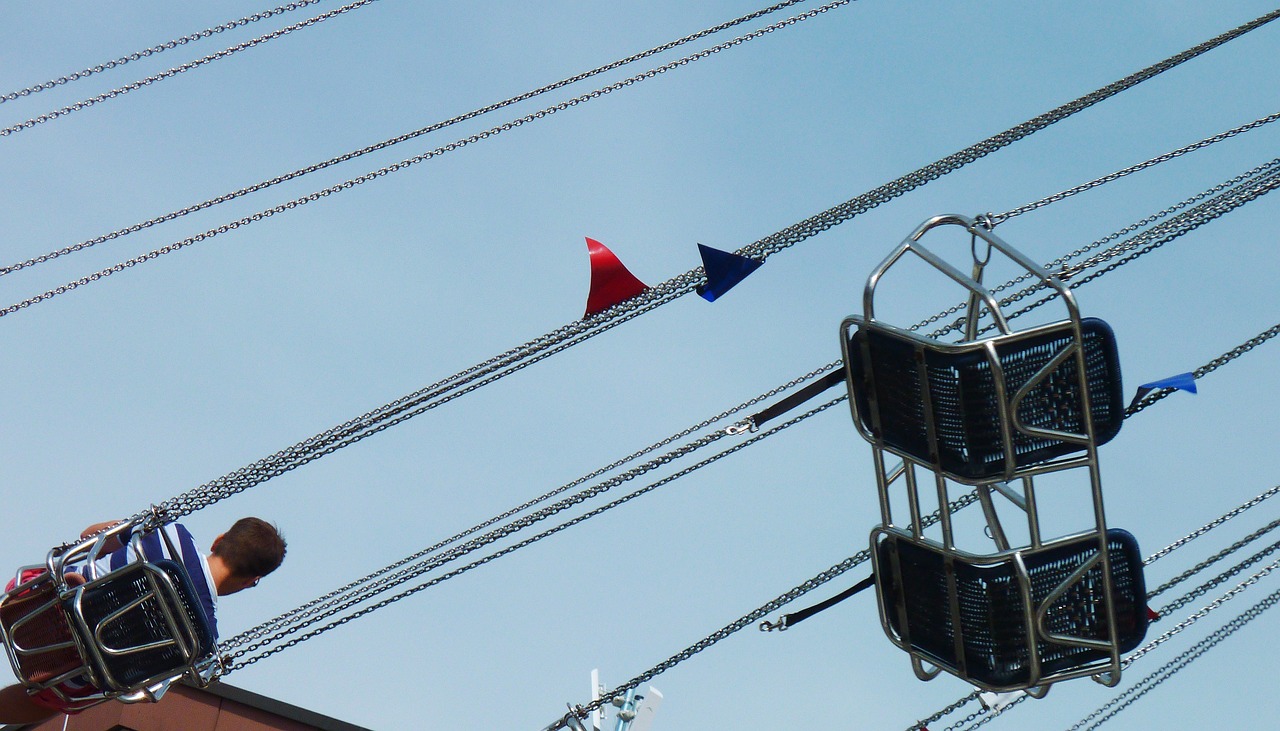Diversity and Inclusion in Entertainment: Addressing Representation Gaps
Effective representation is crucial in all facets of society, from politics to media to workplace environments. When individuals and groups are accurately represented, it can lead to increased diversity, inclusivity, and equality. However, issues arise when certain voices are marginalized or excluded from the conversation. This lack of representation can perpetuate power imbalances, limit opportunities for underrepresented groups, and reinforce stereotypes and biases.
Moreover, the quality of representation matters just as much as the quantity. Simply having diverse faces in positions of power does not guarantee true inclusivity. Authentic representation involves giving marginalized groups a platform to share their experiences, perspectives, and challenges without distortion or tokenization. It requires actively listening, valuing diverse voices, and taking concrete actions to address systemic barriers that hinder equitable representation.
• Authentic representation is essential for creating a more inclusive society
• Lack of representation can perpetuate power imbalances and reinforce stereotypes
• Quality of representation is just as important as quantity in achieving true inclusivity
• Giving marginalized groups a platform to share their experiences without tokenization is crucial
• Active listening, valuing diverse voices, and addressing systemic barriers are necessary for equitable representation
Understanding the Impact of Stereotypes
Stereotypes can exert a powerful influence on how individuals are perceived and treated in society. These oversimplified beliefs about certain groups of people can lead to prejudice, discrimination, and marginalization. For example, the stereotype that women are less competent in leadership roles can hinder their advancement in the workplace, perpetuating inequalities in opportunities and promotions.
Moreover, stereotypes can also shape individuals’ self-perception and behavior. When a person internalizes negative stereotypes about their identity group, it can erode their self-esteem and confidence. This internalized stigma may lead individuals to conform to negative expectations, limiting their aspirations and potential. Therefore, understanding how stereotypes operate and their detrimental effects is crucial in combating prejudice and fostering inclusivity in society.
Challenges Faced by Underrepresented Groups
Underrepresented groups face numerous challenges in various aspects of society. One of the primary hurdles is the lack of visibility and representation in positions of power and influence. This not only limits their opportunities for advancement but also perpetuates the cycle of underrepresentation.
Moreover, underrepresented groups often encounter systemic barriers and discrimination that hinder their access to resources and opportunities. This can lead to feelings of isolation, exclusion, and inequality, which further exacerbate the challenges they face on a daily basis.
What are some key issues in representation for underrepresented groups?
Some key issues in representation for underrepresented groups include lack of visibility, tokenism, and limited access to resources and opportunities.
How do stereotypes impact underrepresented groups?
Stereotypes can lead to discrimination, bias, and limited opportunities for underrepresented groups. They can also affect self-esteem and mental health.
What are some common challenges faced by underrepresented groups?
Some common challenges faced by underrepresented groups include systemic barriers, lack of representation in decision-making roles, and discrimination in various aspects of life.
How can society work towards addressing the challenges faced by underrepresented groups?
Society can work towards addressing the challenges faced by underrepresented groups by promoting diversity and inclusion, providing equal opportunities, and challenging stereotypes and biases. Collaboration and advocacy are also important in creating a more inclusive society.







